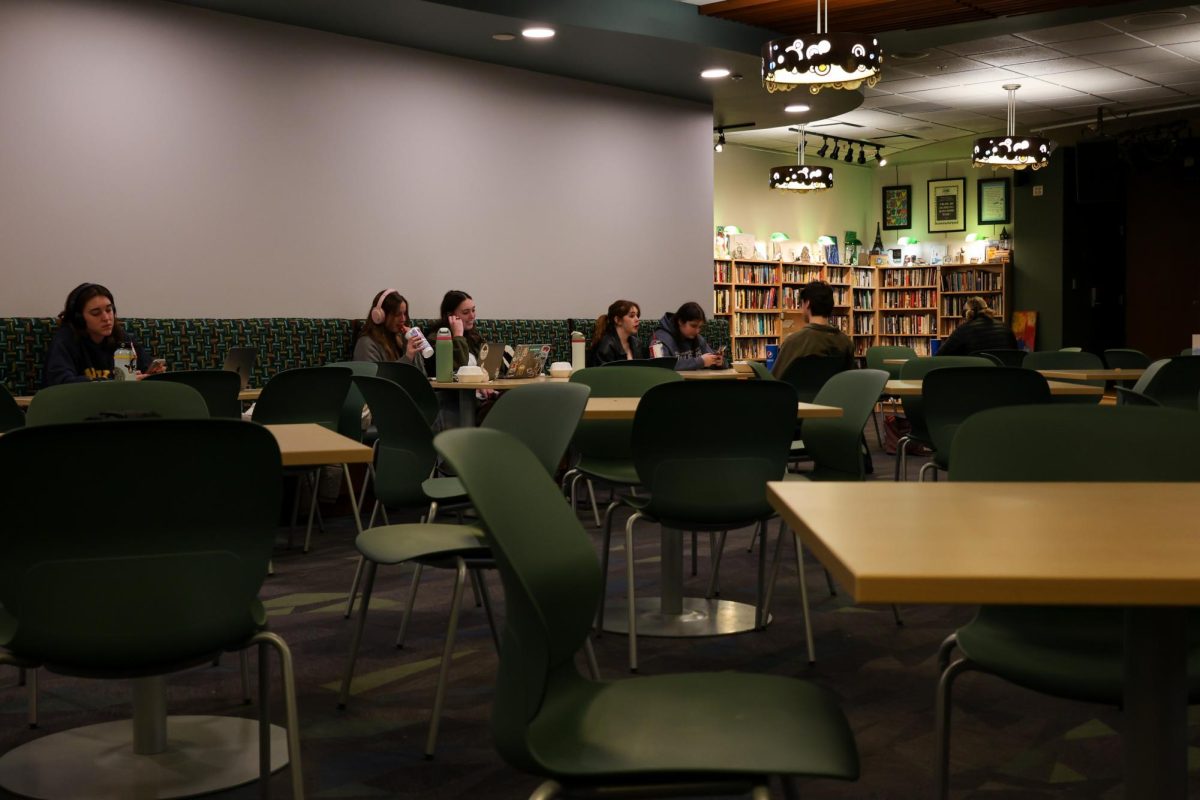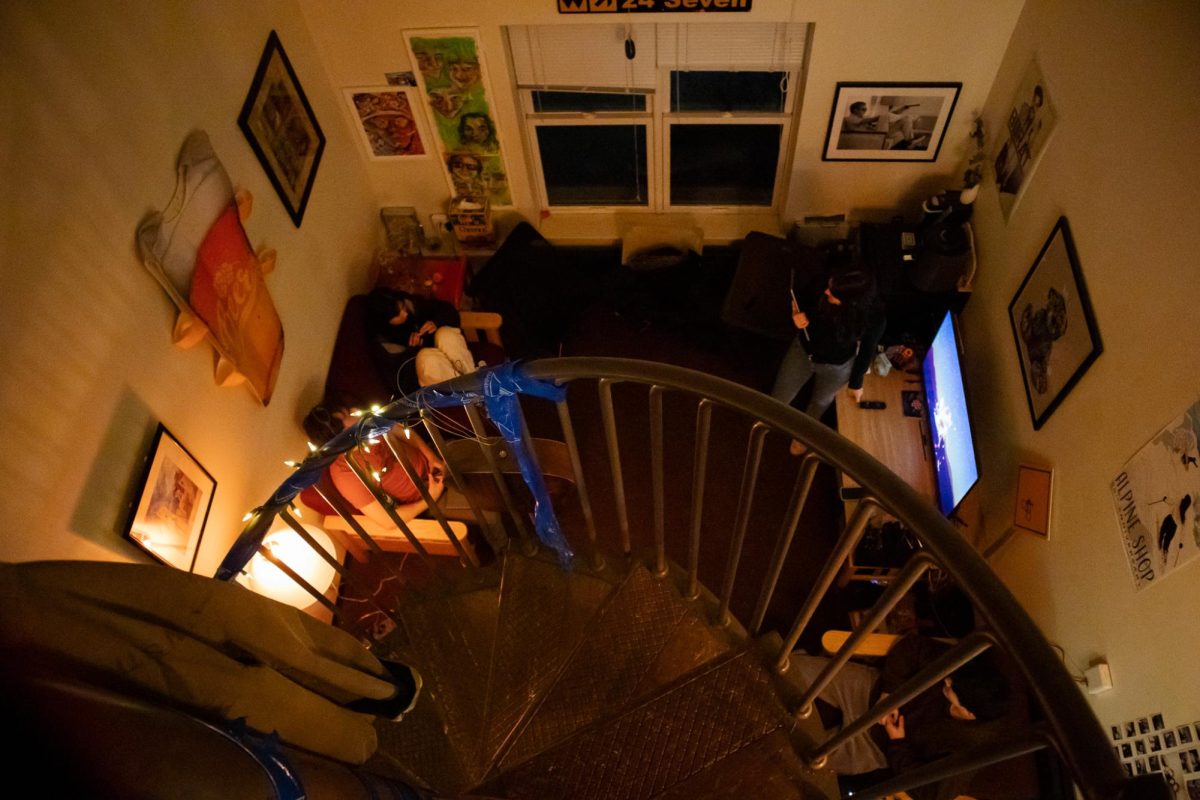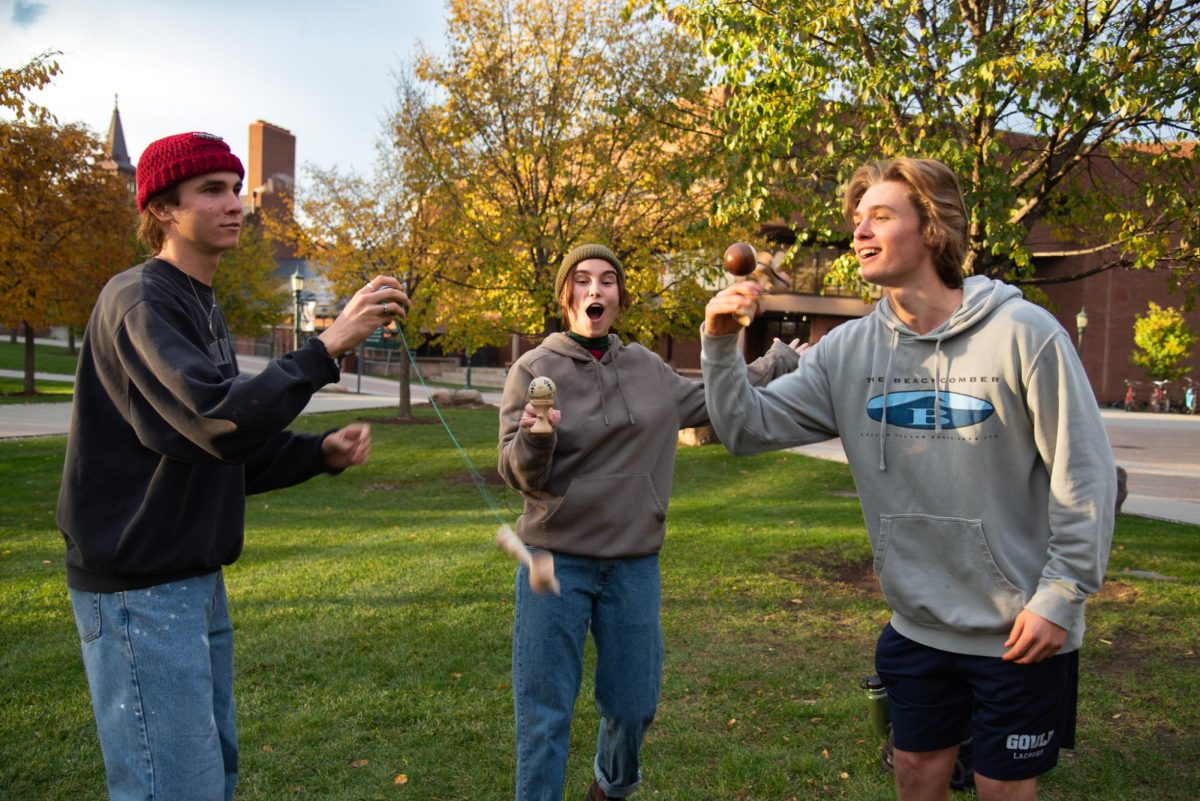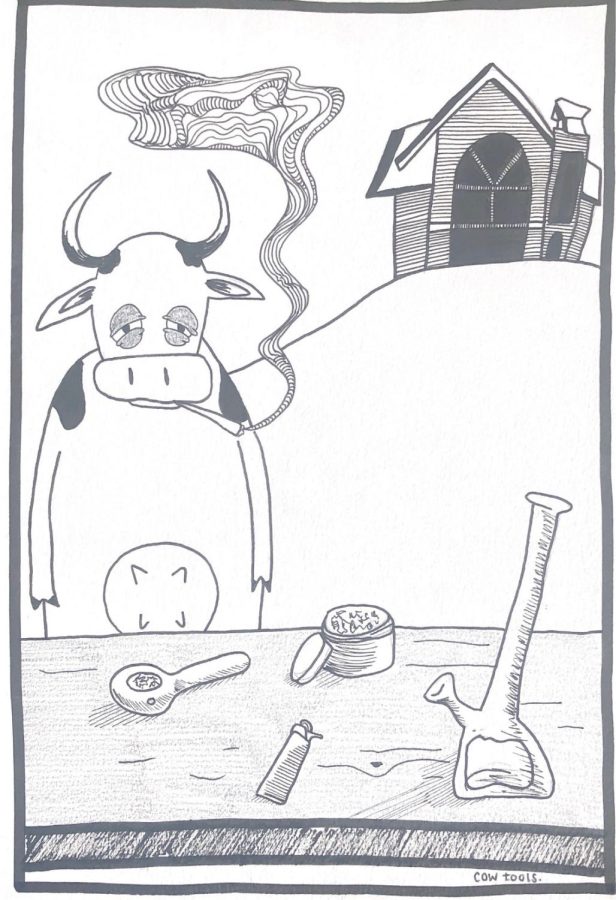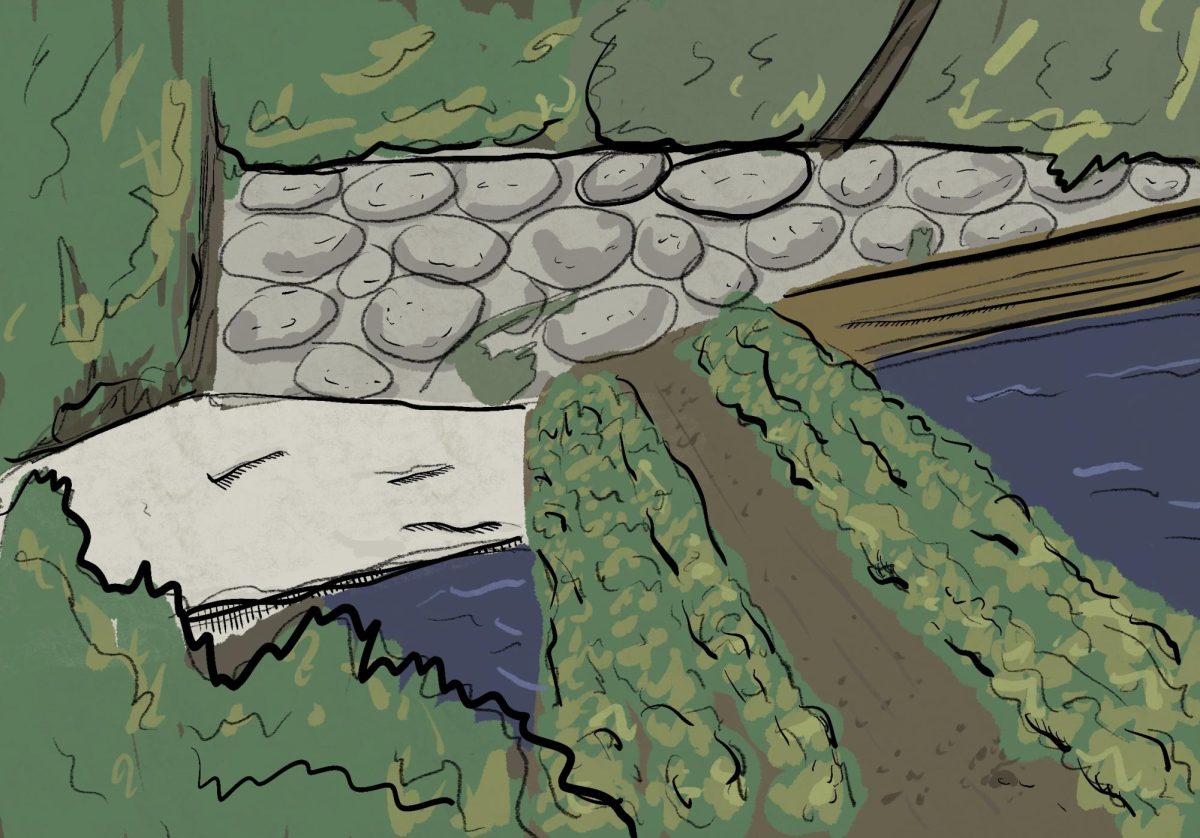Does your course material lack clarity?
As a veteran math tutor, I would have to say Subject-Area Tutoring has been a success for both tutors and tutees at the University of Vermont.
The Learning Cooperative offers a variety of excellent tutors mostly in courses that have been traditionally difficult for the first or second year student, courses like chemistry, math, biology, and so on. Here are some reflections of Biology students on tutoring, “My tutor helped me understand. . . It was super helpful. . . I enjoyed my session. . . I feel confident again.”
How do tutors feel? “I like being a tutor because I not only get to help the student, but I also get to keep the material fresh in my mind, which makes it beneficial for both of us,” says a Chem/Bio/Math tutor.
The typical tutoring session lasts up to an hour (an hour works wonders and the tutee is sometimes willing to stay longer) and happens one of two ways. Either you’ve made an appointment at The Learning Cooperative with a lab tutor that has a weekly schedule (like me) or you’ve contacted a campus-wide tutor and arranged a time and place to meet. Whichever method you use should accomplish the same goals for a tutoring session.
I tutor Math 9, 10, 19-22 and a good tutoring session may work like this: the tutee comes prepared with their notebook, textbook, sometimes quizzes and exams. Analyzing quizzes and exams are good for understanding why full credit was not given for a problem. A session can also be spent reviewing for a quiz or exam.
Most sessions are spent gaining a better understanding of the current section/s of material. The tutee attempted the homework and comes prepared to ask questions. It can be difficult to ask questions in a classroom setting and tutoring is a good setting to get them answered. Although the tutors may not know everything, they can usually point you in the right direction.
The session usually ends when the tutee is satisfied or when time is up. The tutee thanks the tutor and sometimes schedules another appointment with the same or different tutor.
There’s great personal satisfaction when you’re requested again because you feel like you’ve truly helped someone and you’re doing your job. It’s great for the tutee because they’ve found good help and can expect the same next time. If not, you can always schedule with someone else until you find someone who suits you.
I enjoy my job and have an interest in teaching. Tutoring was great in getting a job I liked and exposing me to the field of education. The staff is also comprised of fun, down to earth people who create a relaxing environment to work in.
The tutors’ starting pay is $7.50 or $8 (for work-study) an hour with paid training sessions and a pay raise after 10 hours of training along with Level 1 Certification by The College Reading and Learning Association. Tutees pay $8 an hour.
If paying for a tutor is a problem for you, do not despair. You should stop by and you may qualify for a program (Project STAY) that will pay for tutoring and has other advantages. By the way, if you are a tutor, you qualify for free tutoring.
The Learning Cooperative is always seeking tutors and always gets requests for new courses to tutor. If you have done well in your classes and want to help your fellow students, we welcome people to apply for a tutor positionTo find out more, contact Subject-Area Tutor Coordinator Dave DiElsi at the Learning Co-op in L/L Commons 244, or you can call him at 656-7964 or e-mail him [email protected].
In addition, there is a Tutor Orientation Session on Friday April 9, 3-4:30pm in L/L A 162.











